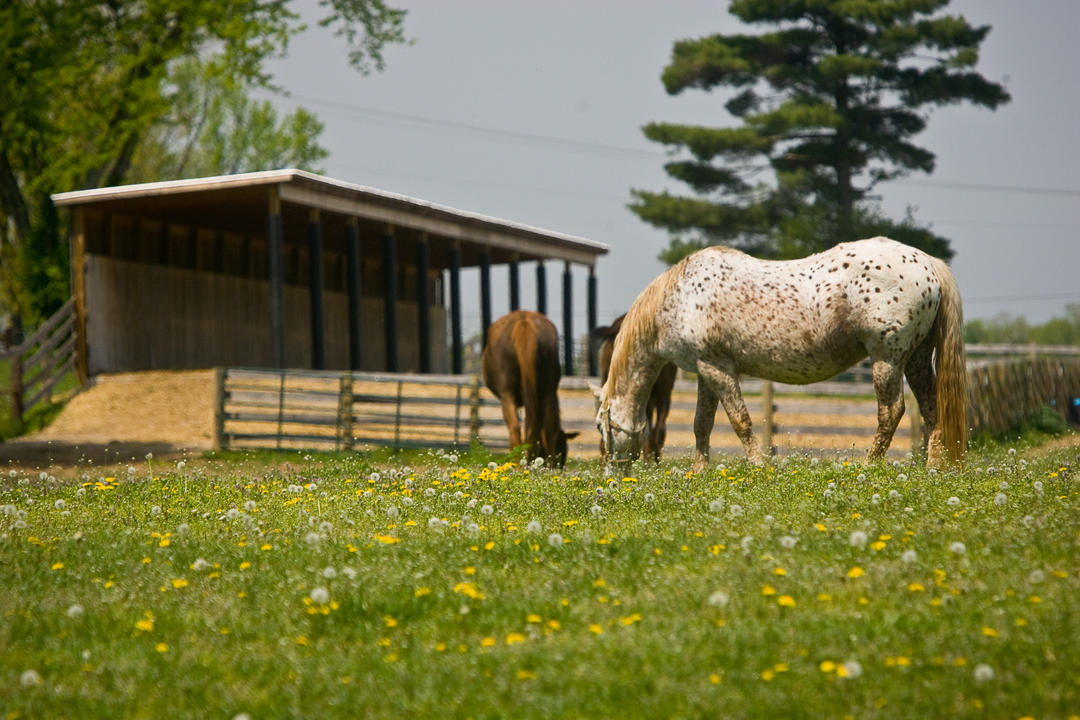UK agricultural meteorologist warns of livestock heat stress
UK agricultural meteorologist warns of livestock heat stress


A significant warming trend is on the way as Kentuckians begin the Memorial Day weekend. University of Kentucky agricultural meteorologist Tom Priddy said livestock heat stress could increase into the danger category and even approach the emergency category. He expects dry conditions to continue through the upcoming weekend with above-normal temperatures.
“The combination of hot, muggy weather conditions prompts some real concern for humans, as well as livestock and pets,” he said. “The livestock heat stress index is a combination of air temperature and humidity. That one-two punch makes it hazardous for people and animals. Dew point temperatures above 65 degrees lead officials to declare conditions dangerous for livestock.”
The Livestock Heat Stress Index helps producers know when heat stress could create a problem for their animals, Priddy added.
Periods of heat stress call for livestock producers to be vigilant in making sure their animals are able to withstand the conditions.
UK College of Agriculture dairy specialist Jeffrey Bewley said the most important things producers can do are to provide cool, clean water and shade, with buildings as open as possible to help keep animals’ internal body temperature within normal limits. Sprinkler systems that periodically spray a cool mist on the animals also are beneficial.
To keep cattle from becoming overheated, producers should not work cattle during periods of heat stress.
“Certainly, you do not want to work cattle with this kind of weather—veterinarian work, reproductive checks or vaccinations,” Bewely said.
Producers should also avoid transporting livestock during a heat danger or emergency period. If they must move animals during this time, producers should try to do so with fewer animals per load. Planning trips so producers immediately can load animals before leaving and quickly unload upon arrival can help minimize the risk.
Visit the UK Ag Weather Center website for more information: http://weather.uky.edu.
Ag Equine Programs Weather


